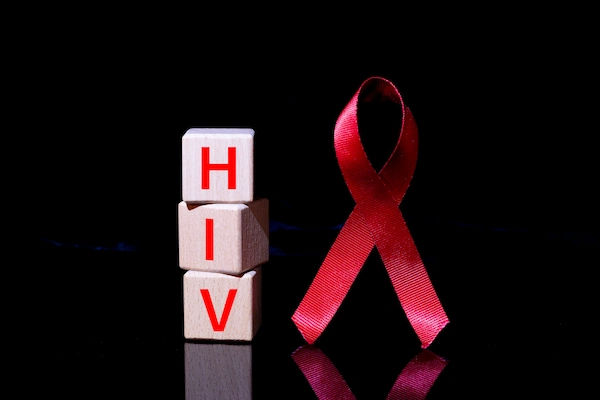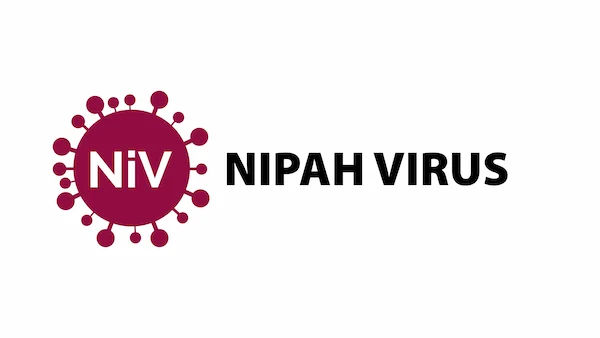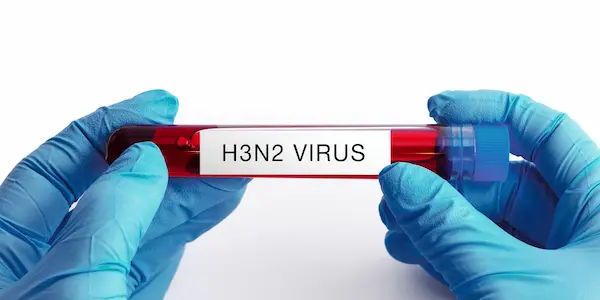- Male
- 22 Years
- 22/01/2025
I'm really worried because I had protected sex a week ago, but after four days, I started feeling unwell with fever and loose motions. Now I'm also experiencing night sweats. I ended up in the hospital, and all my tests came back fine, but I read somewhere that these can be initial symptoms of HIV. This really has me scared. Could you help me understand if I should be concerned about HIV or if there's something else going on?
Answered by 1 Apollo Doctors
It's important not to jump to conclusions without proper testing and evaluation. The symptoms you mentioned can be caused by various conditions and may not necessarily indicate HIV infection. If you are worried about HIV, the best course of action would be to get tested for HIV at a healthcare facility. In the meantime, if you are experiencing fever and loose motions, you can take over-the-counter medications like Paracetamol for fever (500mg to 1000mg every 4-6 hours as needed) and Loperamide for loose motions (2mg after the first loose stool, then 1mg after each subsequent loose stool, but do not exceed 16mg in a day) to help manage your symptoms. Make sure to stay hydrated and get plenty of rest.
Dr. Ibrahim Suggests...
Consult a Infectious Disease specialist
Answered 04/07/2025
0
0

More Infectious Disease Health Queries
View allI recently had a brief encounter with a sex worker and made sure to use a condom, but now Im really anxious about the risk of getting HIV. Ive been reading up a lot online, and to be honest, it's making me pretty scared and down. The thing is, the encounter was really short, like about 2 minutes, and I didnt feel much. While removing the condom, I think I mightve done it wrong by pulling it from the base up. When I checked afterward, my penis was dry and there wasnt any noticeable liquid on my hands. Im worriedcould I still be at risk for HIV?
The risk of HIV transmission in this scenario is low, especially since you used a condom. However, to further reduce the risk, you can consider taking Post-Exposure Prophylaxis (PEP) within 72 hours of the exposure. PEP involves taking a combination of antiretroviral drugs for 28 days. I recommend you consult a healthcare provider for a proper assessment and prescription of PEP.
Answered by 1 Apollo Doctors
I'm really stressed out because I had protected sex about a month ago, and now I can't stop worrying about the possibility of having contracted HIV. I'm not sure what to do or if I should get tested. Can you please give me some guidance on this?
I understand your concern, but if you used protection, the risk of HIV transmission is extremely low. However, if you're still worried, consider getting tested for peace of mind. It's always best to address your concerns with a healthcare provider who can guide you further.
Answered by 1 Apollo Doctors
Is there any chance you could get HIV from oral sex? And what about if you have sex using a condomdoes that completely prevent HIV, or is there still some risk involved? I'm kinda worried and would love some clarity on this.
There is minimal chance of getting infected through oral sex and protectedbut yes there is risk of getting infected.
Answered by 1 Apollo Doctors
Disclaimer: Answers on Apollo 247 are not intended to replace your doctor advice. Always seek help of a professional doctor in case of an medical emergency or ailment.




